”I pity the man who wants a coat so
cheap that the man or woman who produces
the cloth will starve in the process“
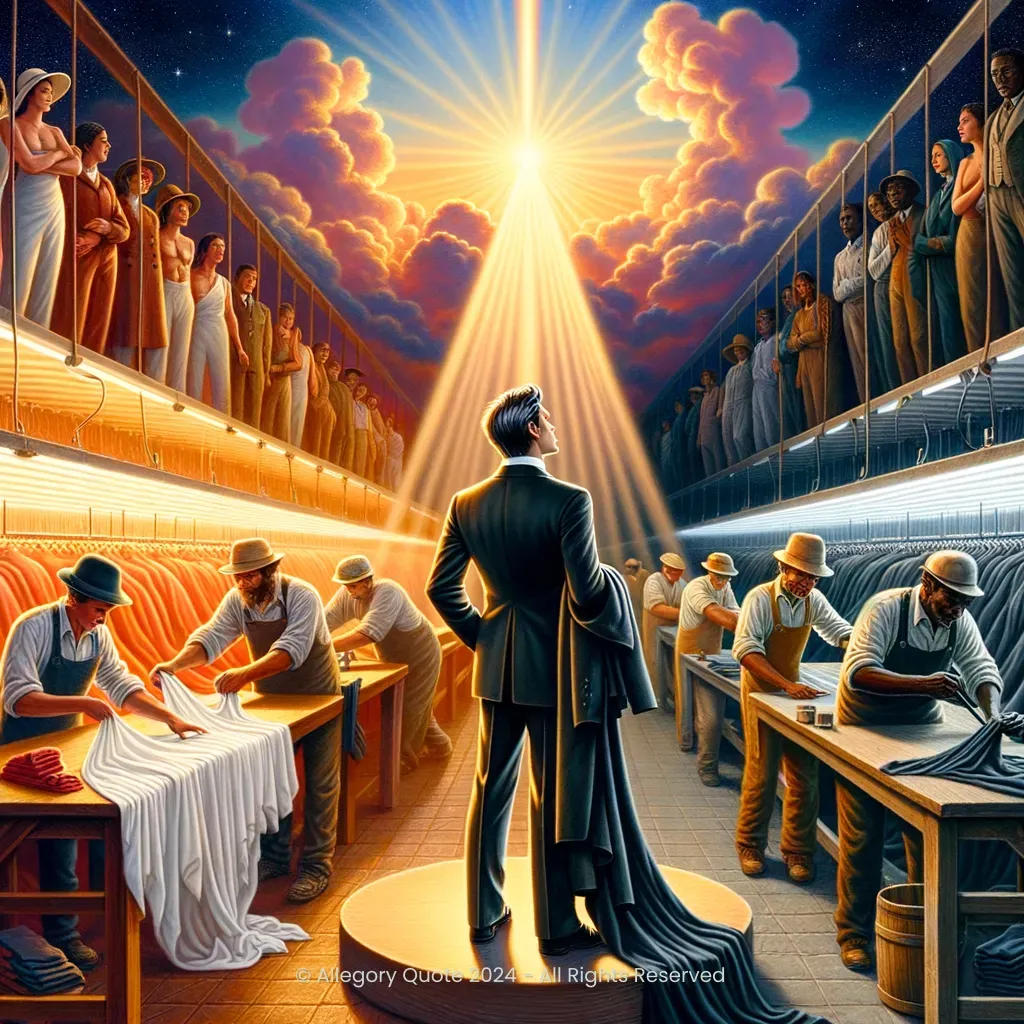
0
0
0
0
- Meaning
- This phrase critically examines the ethics of consumerism, emphasizing the moral responsibility of buyers to ensure fair wages and humane working conditions for workers. It highlights the interconnectedness of society and economy, suggesting that the pursuit of cheap goods at the cost of others' well-being reflects a lack of empathy and social responsibility. The phrase implies that true value should encompass the welfare of all individuals involved in the production process, not just the monetary cost of goods.
- Allegory
- The finely dressed figure examining the coat symbolizes the consumer's role and choices. The contrasting scenes highlight the disparity between fair labor conditions and exploitation. The joyous workers represent ethical, humane working conditions, while the shadowed workers signify the adverse effects of consumerism driven by low costs. The central beam of light symbolizes enlightenment and awareness, urging a shift towards ethical practices. The sunrise colors in the background capture the notion of a new beginning, underscoring the potential for positive change in societal values.
- Applicability
- In personal life, this phrase can inspire individuals to make more ethical and informed choices as consumers, urging them to consider the origins of their purchases and the conditions under which products are made. This awareness can extend to supporting fair trade, advocating for workers' rights, and fostering a greater sense of empathy and social justice in everyday decisions. It encourages a shift from a solely cost-driven mindset to one that values the dignity and livelihood of workers worldwide.
- Impact
- This phrase has had a lasting impact in discussions about ethical consumerism and workers' rights. It continues to be cited in debates over fair trade, sweatshops, and global labor standards. The quote underscores the moral imperatives tied to economic activities and has contributed to broader movements advocating for humane and just treatment of workers, resonating through labor reforms and consumer advocacy efforts.
- Historical Context
- Benjamin Harrison's presidency (1889-1893) overlapped with significant social and economic transformations in the United States, including the rise of industrialization and labor movements. This era saw increased public awareness of the dire working conditions in factories and the exploitation of labor, leading to growing calls for reforms. The quote likely emerged from Harrison's observations and responses to these social issues, reflecting his stance on the need for ethical consumption and fair labor practices.
- Criticisms
- Criticisms and controversies surrounding this phrase often focus on the feasibility of implementing fair trade practices worldwide. Some argue that higher wages could increase product costs, potentially leading to economic disadvantages for consumers in developing countries. Additionally, the complexities of global supply chains can make it challenging to ensure fair labor practices consistently. Critics may also contend that individual consumer choices alone are insufficient and systemic changes are needed for meaningful impact.
- Variations
- Variations of this phrase can be found in discussions across different cultures, emphasizing the universal value of fair labor practices. In some cultural contexts, this concept might be tied to indigenous wisdom or community-based ethics, highlighting collective well-being over individual profit. The core message resonates globally, advocating for the protection and fair treatment of all workers.
-

Speak softly and carry a big stick; you will go far.
-
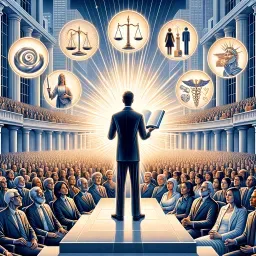
A public office is a public trust.
-
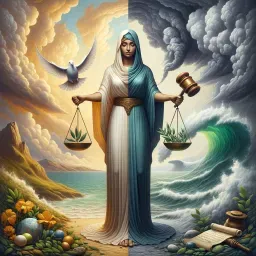
Peace and justice are two sides of the same coin.
-
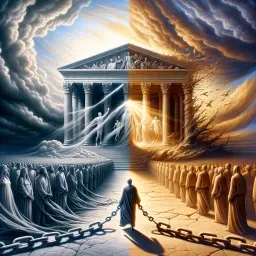
I tremble for my country when I reflect that God is just; that his justice cannot sleep forever.
-

Politics, when I am in it, it makes me sick.
-

I may be president of the United States, but my private life is nobody's damn business.
-

Freedom is the open window through which pours the sunlight of the human spirit and human dignity.
-
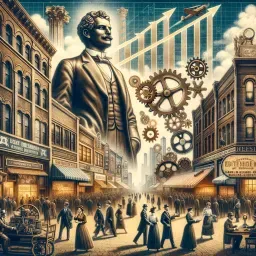
The business of America is business.
-

A pound of pluck is worth a ton of luck.
-
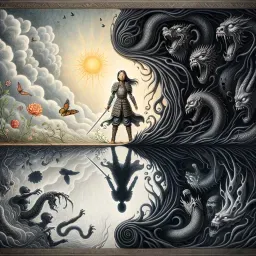
Battle not with monsters, lest ye become a monster, and if you gaze into the abyss, the abyss gazes also into you.
-

Citius, altius, fortius.
No Comments